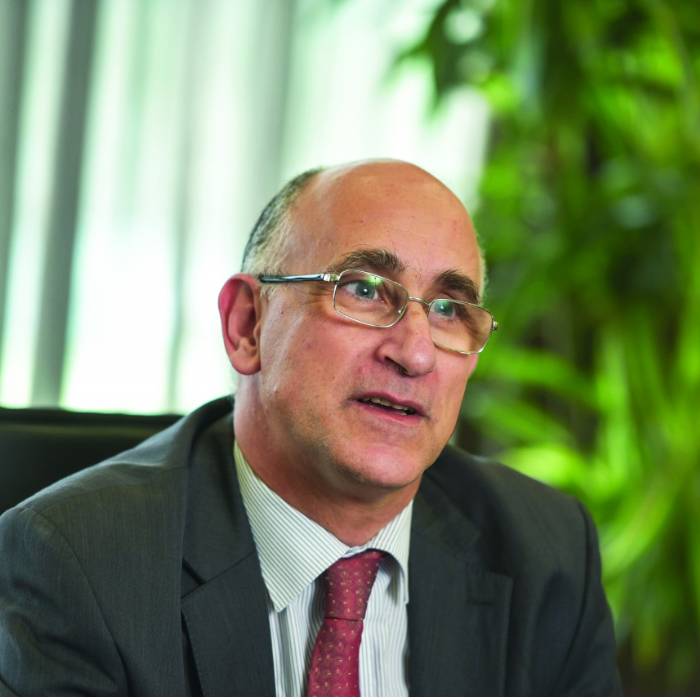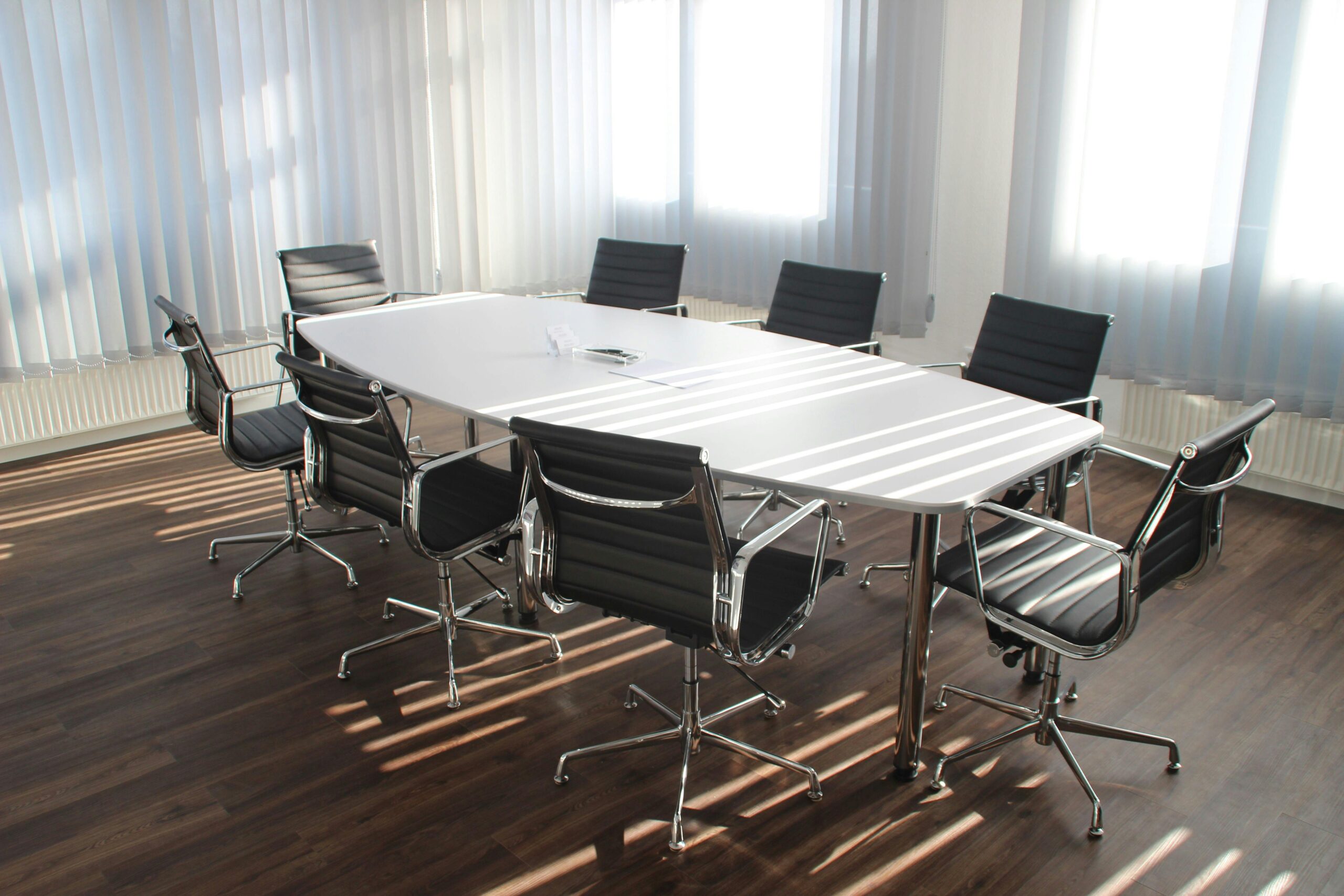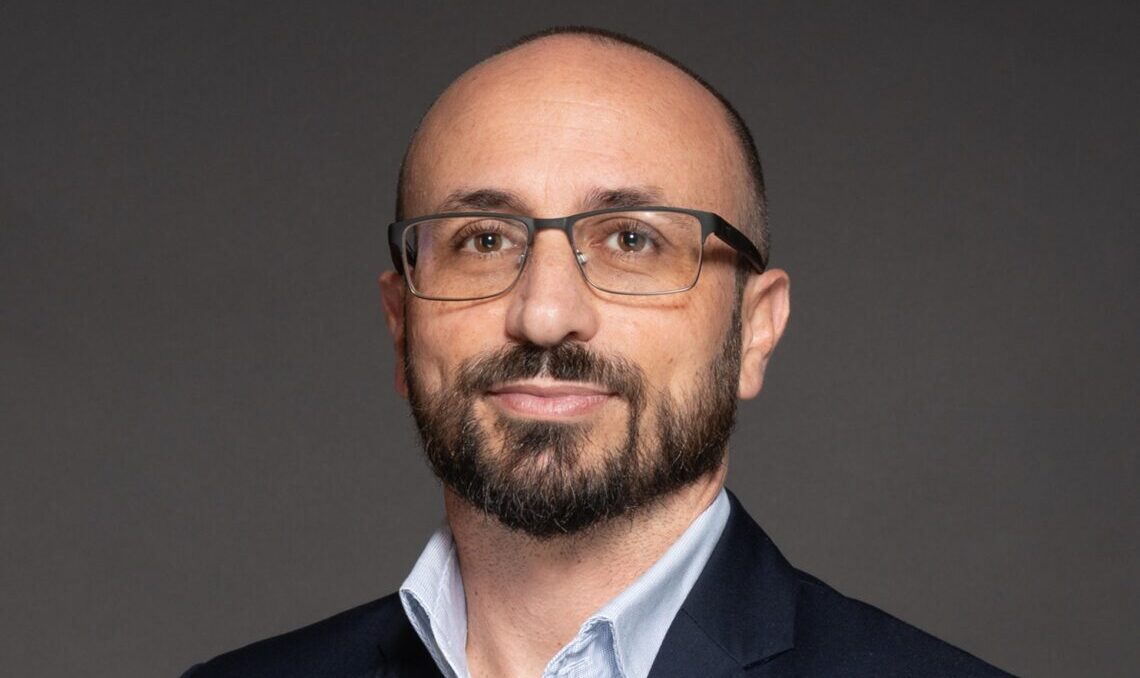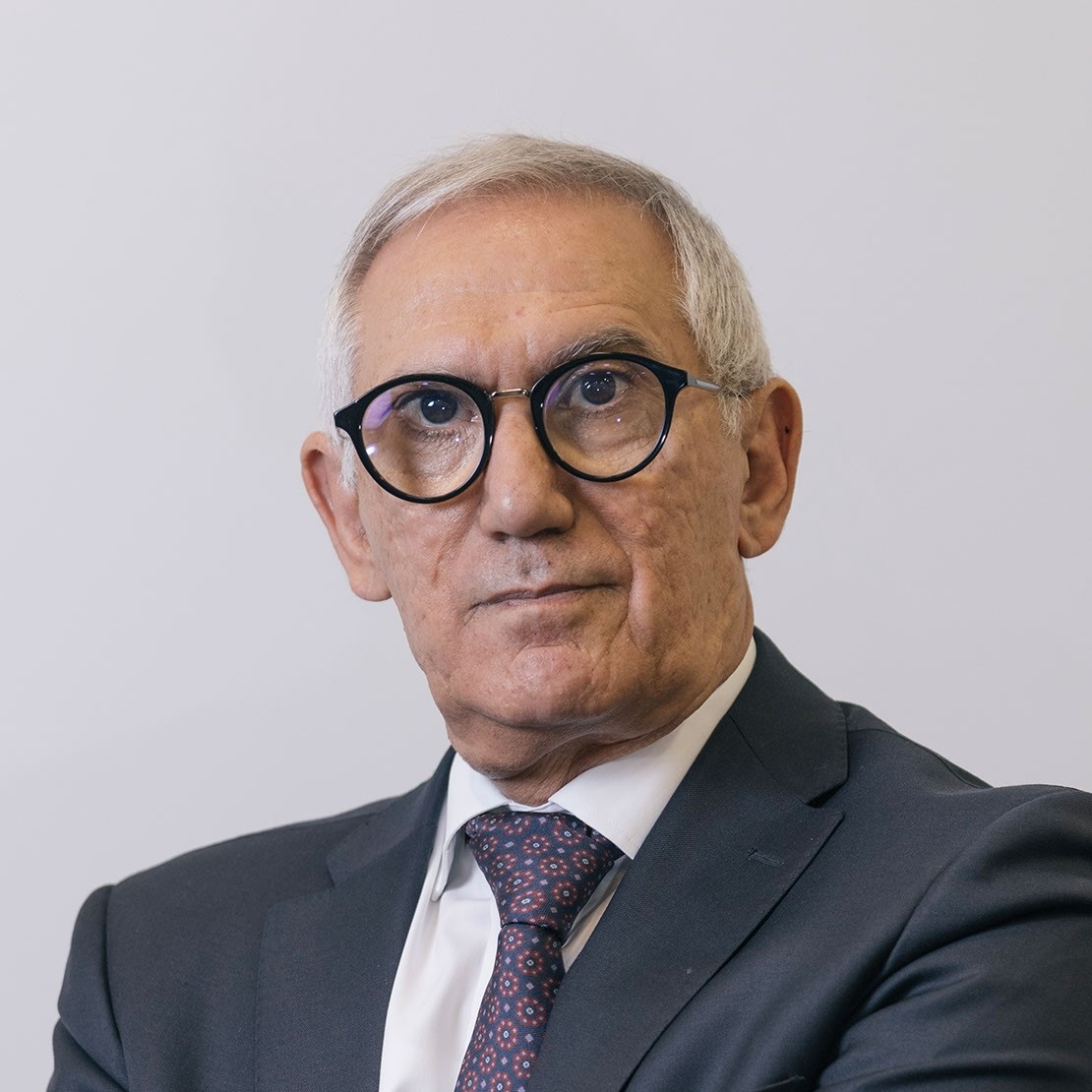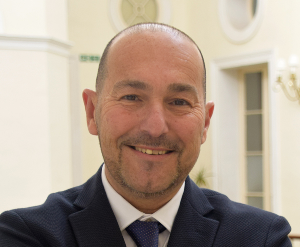Talent shortages have become a significant challenge across European countries, impacting various industries and economic sectors and Malta was not the exception.
In the third of a seven-part series, first featured on Business Now magazine we explore insights about Malta’s workforce with Raphael Aloisio, President of the Malta Business Bureau (MBB). The Bureau represents the Malta Chamber and the Malta Hotels and Restaurants Association in Brussels and Malta.
“Malta has experienced consistent economic growth higher than the EU average for the past decade or so, except for the COVID-19 years,” begins Raphael, describing Malta’s growth in population and tourism arrivals as a doubled-edged sword which places potentially unsustainable pressures on an already over-stretched infrastructure.
Moving forward, the MBB President says that the country should focus on increased value-added rather than volume, arguing that “the green and digital transition will be key in securing a performing economy, and Malta should continue to invest funds derived from the EU Recovery and Resilience Fund towards this important priority.”
Stating that labour and skills shortages are common across the EU, Raphael says that labour mobility has significantly influenced Malta’s workforce, addressing specific shortages by attracting EU nationals, including in core and emerging sectors like finance, IT, manufacturing, hospitality, and healthcare.
“Last year, the European Commission proposed an action plan and several initiatives that could prove beneficial for Malta,” he notes, highlighting the proposed EU Talent Pool platform, which could provide Maltese employers with a more structured system of procuring talent from third countries; as well as the revision of the Quality Framework for Traineeships, which focuses on enhancing the quality and work experience of trainees.
Meanwhile, he continues, Malta’s real estate and construction sector is undergoing a significant transformation due to new EU regulations. “For instance, the revised Energy Performance of Buildings Directive introduces a stronger push towards improved energy performance of buildings,” he highlights, while “the Carbon Border Adjust Mechanism addresses construction materials specifically by introducing an additional cost on certain products imported from outside the EU which have high embedded emissions.”
These measures, according to Raphael, represent an opportunity to upgrade a sector which has so far lagged behind in terms of its environmental performance. “The construction sector must now prioritise sustainability and integrate green building standards into its projects. Nonetheless, a key challenge will undoubtedly be increases in construction costs, which can further impact real estate affordability. In the long term, increased efficiency and waste reduction may partly offset increased costs,” he states.
Commenting on the future of Malta’s tourism sector, the President contends that, while tourism has always been a critical sector, “stakeholders must not downplay the serious challenges posed by the real risk of exceeding our carrying capacity.”
Recent EU Green Deal legislation will ultimately result in higher transport costs for tourists due to additional environmental taxes that will be incurred by operators, Raphael states, highlighting that Malta’s product offering will become a more important component than price. “This requires a long-term vision with clear deliverables on upgrading the environment, investment in sustainable hospitality accommodation, as well as safeguarding and building on Malta’s rich heritage and culture,” he maintains.
Looking ahead, Raphael sees a potential economic opportunity in “increasing the presence of net-zero industries in Malta through investment in research, innovation, and ultimately production.” This is particularly relevant given the EU’s shift towards open strategic autonomy and the European Economic and Security Strategy, which, among others, aim to secure access to critical raw materials and promote the production of essential products within Europe.
This interview was first carried in the 2024 edition of Business Now Magazine, the sister brand to BusinessNow.mt and produced by Content House Group
Sophie-Ann Busuttil appointed Director at Luxury Living Technologies following tragic loss of her father
For the last two years she has served as head of the group’s Luxury Living Sustainable Hospitality Company.
Aaron Azzopardi appointed General Manager at Aviaserve Ltd
Aaron tells MaltaCEOs.mt he's 'humbled and excited' as he takes on the new role.
Understanding bond defaults: Paul Bonello on investor risk, regulation and the role of financial advisors
The market commentator and Director addresses key questions raised by the potential bond default involving MMH.
‘The market conditions aligned’ – Multi Packaging MD on Tunisia expansion
The new facility will be converting corrugated sheets produced in Malta into premium packaging


